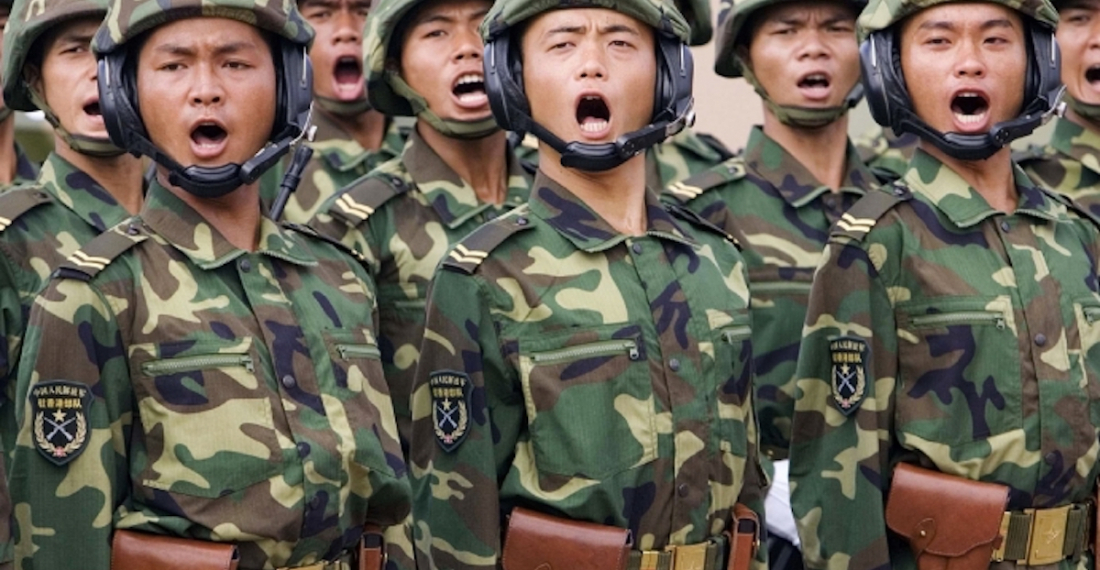Russian media continue to speculate about a possible Chinese-Russian military alliance. The influential newspaper Nezavisimaya Gazeta says that this is unlikely.
The newspaper on Thursday (4 March), citing Chinese Defence Ministry sources, said that China is not planning on creating a united front with Russia against NATO. The Ministry spokesperson stressed that military ties between the two powers served as a basis for a strategic partnership. However, the sides are sticking to the principle of non-participation in the alliances and do not want any confrontation. This statement was aimed at calming the foreign media and Chinese experts, who still remember Russian President Vladimir Putin’s remark that a Russian-Chinese alliance was not ruled out. Basically, by rejecting this option, Beijing is sending a hint to Washington that it still hopes to iron out differences with it, the newspaper said.
Vasily Kashin, a senior research fellow at the Russian Academy of Sciences’ Institute for Far Eastern Studies, told Nezavisimaya Gazeta that for a long time both Russian and Chinese foreign political rhetoric has been criticising the mere idea of alliances. They noted that the bloc concept was obsolete and Russia described NATO as an outdated and irrelevant organisation. However, Moscow has allies in the Collective Security Treaty Organization, a post-Soviet security bloc. In its turn, China also lambasted the American system of alliances. "Therefore, it’s impossible for the sides to admit that they could create an alliance. Even if their relations have features of an alliance, their rhetoric will be: "This is another thing, this is a very close partnership, [simply] mutual assistance and friendship."
In fact, Russia and China have commitments under a 2001 treaty, which says that in the event of a danger to either side, consultations should be held on the means of eliminating that threat. "If we look at the US-Japanese treaty or the NATO treaty, the commitments there are also vague. The wording in the Russian-Chinese treaty does not differ that much from them," Kashin noted. Why was this issue raised now? According to Kashin, pressure on Russia and China has been ramped up. And all discussions on a possible alliance are just some sort of way of intimidating opponents.






